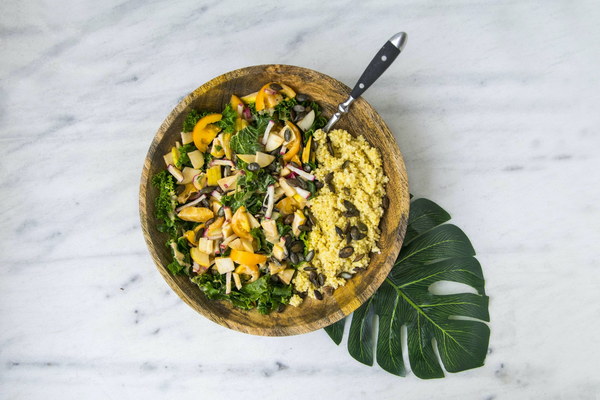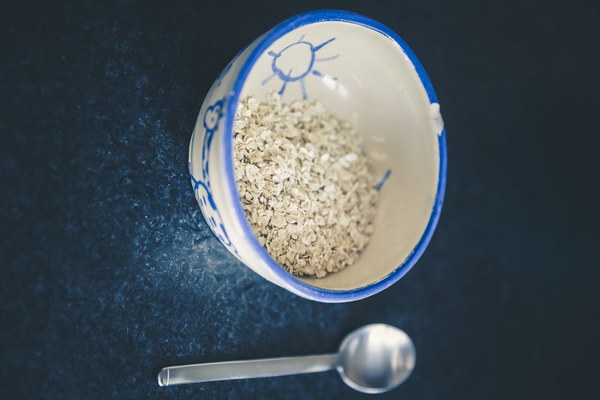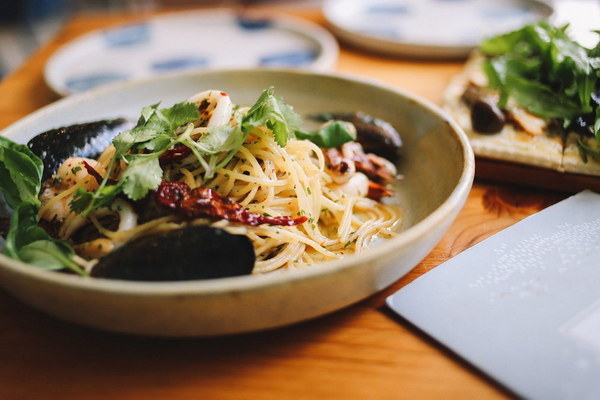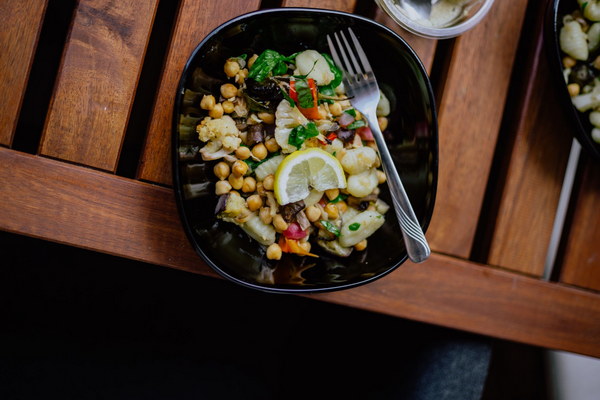The Ancient Art of Soup Making Discover the Secrets of Yangshengtang's Traditional Stewing Techniques
In the realm of traditional Chinese medicine and holistic health, the art of soup making holds a special place. One of the most renowned centers for this culinary craft is Yangshengtang, a place where ancient wisdom meets modern living. In this article, we delve into the secrets of Yangshengtang's traditional stewing techniques, exploring how they enhance the health benefits of soups.
The Philosophy of Stewing at Yangshengtang
Yangshengtang's approach to stewing is rooted in the principles of traditional Chinese medicine, which emphasize the balance of yin and yang, and the harmonization of the body's five elements. Their philosophy is simple yet profound: to create soups that not only taste delicious but also promote overall well-being.
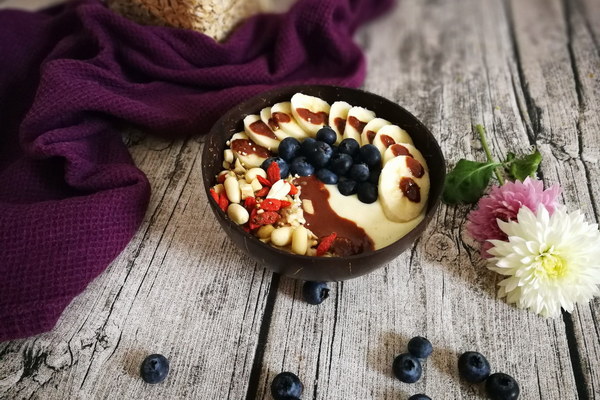
Selecting the Right Ingredients
The foundation of a great soup lies in the selection of the right ingredients. At Yangshengtang, the emphasis is on using fresh, organic produce and high-quality meats. They believe that the purity of the ingredients directly translates to the healing properties of the soup.
The Art of Cutting and Chopping
One of the key secrets to Yangshengtang's soups is the precise cutting and chopping of ingredients. Each vegetable, herb, and meat is cut to maximize its flavor and nutrient release. For example, slicing carrots diagonally increases their surface area, allowing for better absorption of the stewing liquid.
The Importance of Water
Water is the lifeblood of a soup. At Yangshengtang, they use pure, filtered water to ensure that the soup's taste is not compromised by impurities. They also believe in the power of different types of water, such as spring water or mineral water, to enhance the soup's therapeutic properties.
The Stewing Process
The stewing process at Yangshengtang is an art form. Their chefs use a slow-cooking method that allows the flavors to meld together and the nutrients to be fully extracted from the ingredients. The following are some key steps in their traditional stewing process:
1. Blanching: Some ingredients, such as vegetables, are blanched to remove any impurities and to ensure they are fully cooked.
2. Sautéing: Herbs and aromatic spices are sautéed in a small amount of oil to release their flavors before adding the rest of the ingredients.
3. Simmering: The ingredients are then slowly cooked at a low temperature, allowing the flavors to develop and the soup to reach its peak taste and nutritional value.
4. Final Touches: Just before serving, the soup is seasoned with salt and other natural herbs to enhance its flavor.
The Health Benefits of Yangshengtang's Soups
The soups at Yangshengtang are not just culinary masterpieces; they are also a treasure trove of health benefits. Some of the key benefits include:
- Boosting Immune System: Many of the ingredients used in Yangshengtang's soups, such as ginger and garlic, are known for their immune-boosting properties.
- Promoting Digestion: The gentle cooking process ensures that the nutrients in the ingredients are easily digestible, making the soup a perfect meal for those with digestive issues.
- Relieving Stress: The act of slow cooking and enjoying a warm, comforting soup can have a calming effect on the mind, helping to reduce stress levels.
- Enhancing Energy: The combination of nutrients and the warming effect of the soup can help increase energy levels and improve overall vitality.
Conclusion
Yangshengtang's traditional stewing techniques are a testament to the enduring value of ancient wisdom in the realm of health and wellness. By focusing on the selection of fresh, organic ingredients, precise cutting, and slow cooking, they have created a culinary experience that not only satisfies the palate but also promotes overall well-being. Embracing the art of soup making at Yangshengtang is an invitation to experience the harmony of body, mind, and spirit through the nourishing power of nature's bounty.
